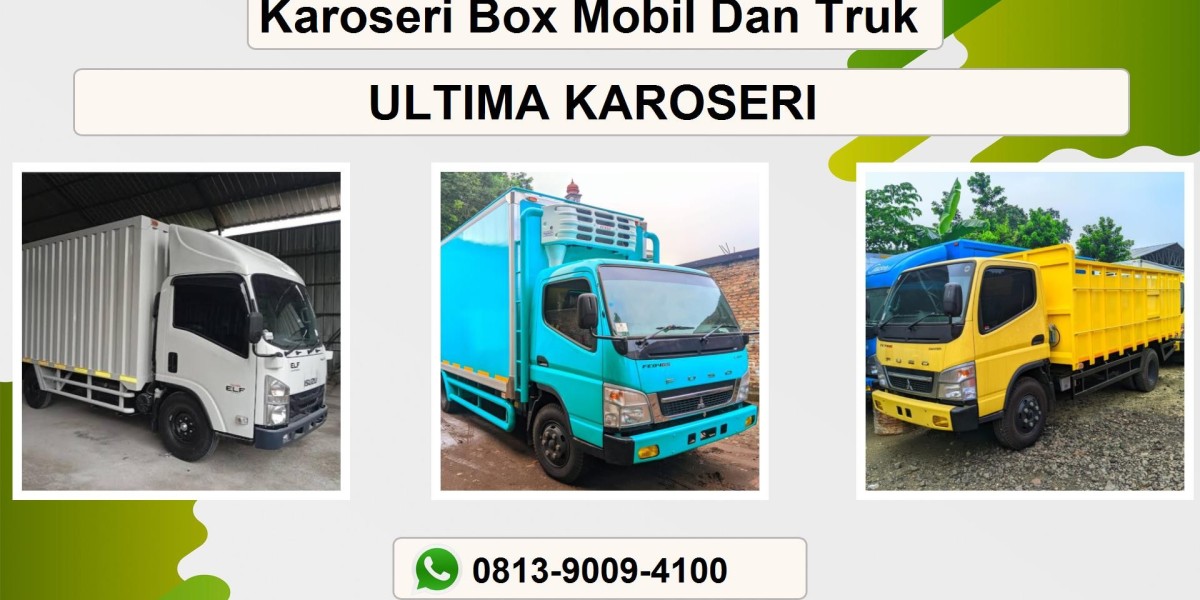The modern supply chain landscape has undergone a revolutionary transformation, with smart warehousing systems emerging as the backbone of efficient logistics operations. As businesses worldwide embrace digital transformation, the question that haunts many professionals is whether their current knowledge base is sufficient to navigate these sophisticated systems effectively. This educational exploration delves into the critical competencies required to master smart warehousing technologies and the pathways to acquire them.
Understanding Smart Warehousing Systems
Smart warehousing represents a paradigm shift from traditional storage facilities to intelligent, interconnected ecosystems. These systems leverage advanced technologies including Internet of Things (IoT) sensors, artificial intelligence, machine learning algorithms, and comprehensive warehouse management systems to optimize every aspect of storage and distribution operations.
The complexity of these systems extends far beyond basic inventory tracking. Modern smart warehouses integrate real-time data analytics, predictive maintenance protocols, automated material handling equipment, and sophisticated software platforms that require specialized knowledge to operate effectively. Professionals seeking to excel in this domain often turn to SAP EWM Classes in Mumbai to build foundational expertise in enterprise warehouse management systems.
Core Knowledge Areas for Smart Warehousing
Technical Proficiency Requirements
Operating smart warehousing systems demands a multi-layered understanding of various technological components. Professionals must grasp database management principles, understand API integrations, and comprehend how different software modules communicate within the warehouse ecosystem. The ability to interpret system-generated reports, configure workflows, and troubleshoot technical issues becomes paramount.
Enterprise Resource Planning (ERP) systems form the central nervous system of smart warehouses. SAP Extended Warehouse Management (EWM) stands out as a leading solution, requiring specialized training to master its intricate functionalities. Many professionals enhance their capabilities through SAP EWM Classes in Mumbai, gaining hands-on experience with real-world scenarios and industry best practices.
Data Analytics and Decision-Making Skills
Smart warehousing generates enormous volumes of data from multiple touchpoints throughout the operation. Understanding how to collect, process, analyze, and derive actionable insights from this data separates competent operators from exceptional ones. Professionals must develop skills in statistical analysis, trend identification, and performance metric interpretation.
The ability to create meaningful dashboards, generate predictive models, and recommend process improvements based on data-driven insights becomes crucial. This analytical mindset, combined with technical knowledge gained through structured learning programs like SAP EWM Classes in Mumbai, enables professionals to optimize warehouse performance continuously.
Skills Gap Analysis in Current Workforce
Identifying Knowledge Deficiencies
Many warehouse professionals find themselves struggling with the transition from manual or semi-automated systems to fully integrated smart warehousing solutions. Common knowledge gaps include understanding of system architecture, inability to customize workflows according to business requirements, and lack of familiarity with advanced reporting mechanisms.
The rapid evolution of technology means that even experienced professionals may find their skills outdated. Regular upskilling through comprehensive training programs becomes essential. Enrolling in SAP EWM Classes in Mumbai provides professionals with updated knowledge aligned with current industry standards and emerging technological trends.
Bridging the Competency Gap
Organizations investing in smart warehousing systems must simultaneously invest in human capital development. This involves identifying specific skill requirements, assessing current team capabilities, and creating targeted learning pathways. Professional development programs should encompass both theoretical understanding and practical application opportunities.
Structured training programs offer the most effective approach to skill development. SAP EWM Classes in Mumbai provide comprehensive coverage of warehouse management principles, system configuration, and operational excellence strategies, ensuring professionals can contribute meaningfully to smart warehousing initiatives.
Essential Competencies for Smart Warehouse Operations
Process Optimization Understanding
Smart warehousing success depends heavily on process optimization capabilities. Professionals must understand how to map existing workflows, identify bottlenecks, and redesign processes to leverage technological capabilities fully. This requires analytical thinking, systems perspective, and change management skills.
The ability to configure warehouse management systems according to specific operational requirements becomes crucial. Through specialized training like SAP EWM Classes in Mumbai, professionals learn to customize system parameters, create efficient picking strategies, and establish optimal storage configurations.
Integration and Collaboration Skills
Modern warehouses operate as integral components of broader supply chain networks. Professionals must understand how warehouse operations connect with transportation management, inventory planning, customer service, and financial systems. This interconnected perspective enables better decision-making and improved operational coordination.
Effective communication with cross-functional teams, vendors, and technology partners requires both technical knowledge and soft skills. Professionals who have completed SAP EWM Classes in Mumbai often demonstrate superior ability to communicate technical concepts to non-technical stakeholders, facilitating smoother project implementations.
Technology Evolution and Continuous Learning
Staying Current with Technological Advances
The smart warehousing landscape continues evolving rapidly, with new technologies like blockchain, advanced robotics, and augmented reality reshaping operational possibilities. Professionals must maintain curiosity and commitment to continuous learning to remain relevant in this dynamic environment.
Regular participation in training programs, industry conferences, and certification courses ensures professionals stay updated with latest developments. SAP EWM Classes in Mumbai often incorporate emerging technology discussions, helping participants understand how new innovations integrate with existing warehouse management platforms.
Building Future-Ready Skills
Forward-thinking professionals recognize that today's advanced systems will become tomorrow's baseline requirements. Developing adaptability, learning agility, and technological fluency becomes essential for long-term career success in smart warehousing.
The foundation provided by comprehensive training programs like SAP EWM Classes in Mumbai creates a solid base for continuous skill development. Professionals with strong foundational knowledge find it easier to absorb new concepts and adapt to technological changes.
Professional Development Pathways
Structured Learning Approaches
Systematic skill development through recognized training programs offers the most reliable path to smart warehousing competency. These programs provide structured curricula, experienced instructors, and practical learning opportunities that accelerate professional growth.
SAP EWM Classes in Mumbai represent one such structured approach, offering comprehensive coverage of warehouse management principles, hands-on system experience, and industry networking opportunities. Participants gain both technical knowledge and practical insights essential for smart warehousing success.
Practical Experience Integration
Theoretical knowledge must be complemented by practical application to achieve true competency. Professionals should seek opportunities to work on smart warehousing projects, participate in system implementations, and engage with technology vendors to deepen their understanding.
The combination of formal training through programs like SAP EWM Classes in Mumbai and practical experience creates well-rounded professionals capable of driving smart warehousing initiatives successfully. This integrated approach ensures professionals can translate knowledge into measurable operational improvements.








